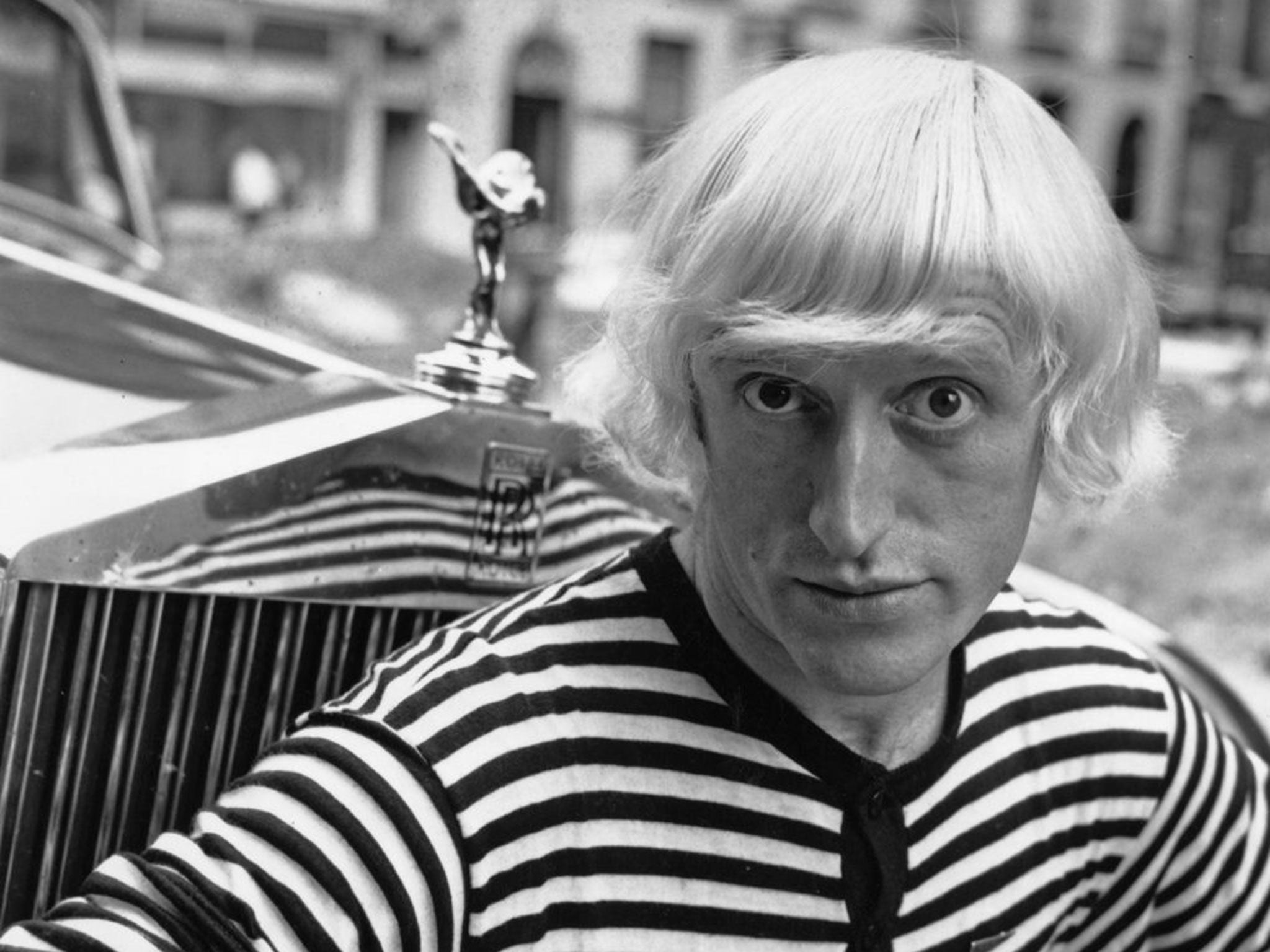Jimmy Savile report: Could the BBC allow another sexual predator to operate with impunity?
The challenge for the broadcaster is to mount a full-scale demolition of its hierarchical structure

Your support helps us to tell the story
From reproductive rights to climate change to Big Tech, The Independent is on the ground when the story is developing. Whether it's investigating the financials of Elon Musk's pro-Trump PAC or producing our latest documentary, 'The A Word', which shines a light on the American women fighting for reproductive rights, we know how important it is to parse out the facts from the messaging.
At such a critical moment in US history, we need reporters on the ground. Your donation allows us to keep sending journalists to speak to both sides of the story.
The Independent is trusted by Americans across the entire political spectrum. And unlike many other quality news outlets, we choose not to lock Americans out of our reporting and analysis with paywalls. We believe quality journalism should be available to everyone, paid for by those who can afford it.
Your support makes all the difference.The report by Dame Janet Smith into the abuse perpetrated by Jimmy Savile at the BBC makes for grim reading. That Savile was a monster was not in any doubt. Yet to see the litany of his crimes laid bare is to be appalled afresh; to see exposed the culture which enabled his behaviour is hardly less shocking.
While Dame Janet concludes that the BBC’s senior managers were not aware of the presenter’s activities, it is clear that some members of staff knew of improper conduct. Quite to what extent any of those individuals truly understood the gravity of his actions will probably never be revealed.
Indeed, for all that Thursday's report is to be welcomed, it is hard to avoid the conclusion that it has left stones unturned. In particular, Dame Janet could not compel top executives to give evidence and that will lead victims and their families to question whether her report will bring them the closure, and the justice, they so obviously deserve.
Savile committed serious abuse over such a long time, in so many locations, and there were clearly many rumours about his sexual predilections. Many will find it frankly inconceivable that senior staff didn’t at least have an inkling. If they really were so closeted that neither complaint nor conjecture reached their ears, that is no less a sign of management failure.
Dame Janet has hardly given the BBC a clean bill of health. She makes clear that it was institutional failings that allowed Savile and his abuse to flourish. There was, she says, a “macho culture” in which sexual harassment seems to have been not only tolerated but more or less regarded as the norm. And an “atmosphere of fear” resulted in employees worrying that they would lose their jobs should they try to blow the whistle on inappropriate behaviour. Perhaps most damningly, Dame Janet concludes that staff were “more worried about reputation than the safety of children”. For the nation’s primary broadcaster – the home of Blue Peter, Saturday Superstore, Children in Need – there can be no greater indictment of how warped its priorities became.
Rona Fairhead, chair of the BBC Trust, and the Corporation’s controller Lord Hall have rightly accepted the findings of the report without demur. The apologies they made to those who suffered appallingly at Savile’s hands appeared genuine. Yet it is what comes next which will be of more significance. After all, it is one of the most striking aspects of Dame Janet’s conclusions that she does not rule out the possibility that a Jimmy Savile figure could prosper in the BBC today – the cult of celebrity in today’s world, she argues, makes abuse by famous figures hard to detect.
Furthermore, the short-term nature of many employment contracts at the BBC does nothing to encourage a more open culture in which staff feel empowered to speak up against inappropriate conduct by colleagues. The deferential attitudes displayed to, and expected by, senior staff – and especially on-screen or on-air “talent” – are seemingly little altered from Savile’s day. The circumstances may have been very different but the incident which culminated in Jeremy Clarkson punching a producer last year are ample proof that machismo and bullying still too easily rule the roost.
Ms Fairhead and Lord Hall have promised action; Dame Janet has demanded it. In particular, there must be greater protection for whistleblowers and an overhaul of the Corporation’s child-protection policies. But above all else, the challenge for the BBC is to mount a full-scale demolition of the hierarchical structure which still prizes seniority and “star” status above all else.
Join our commenting forum
Join thought-provoking conversations, follow other Independent readers and see their replies
Comments